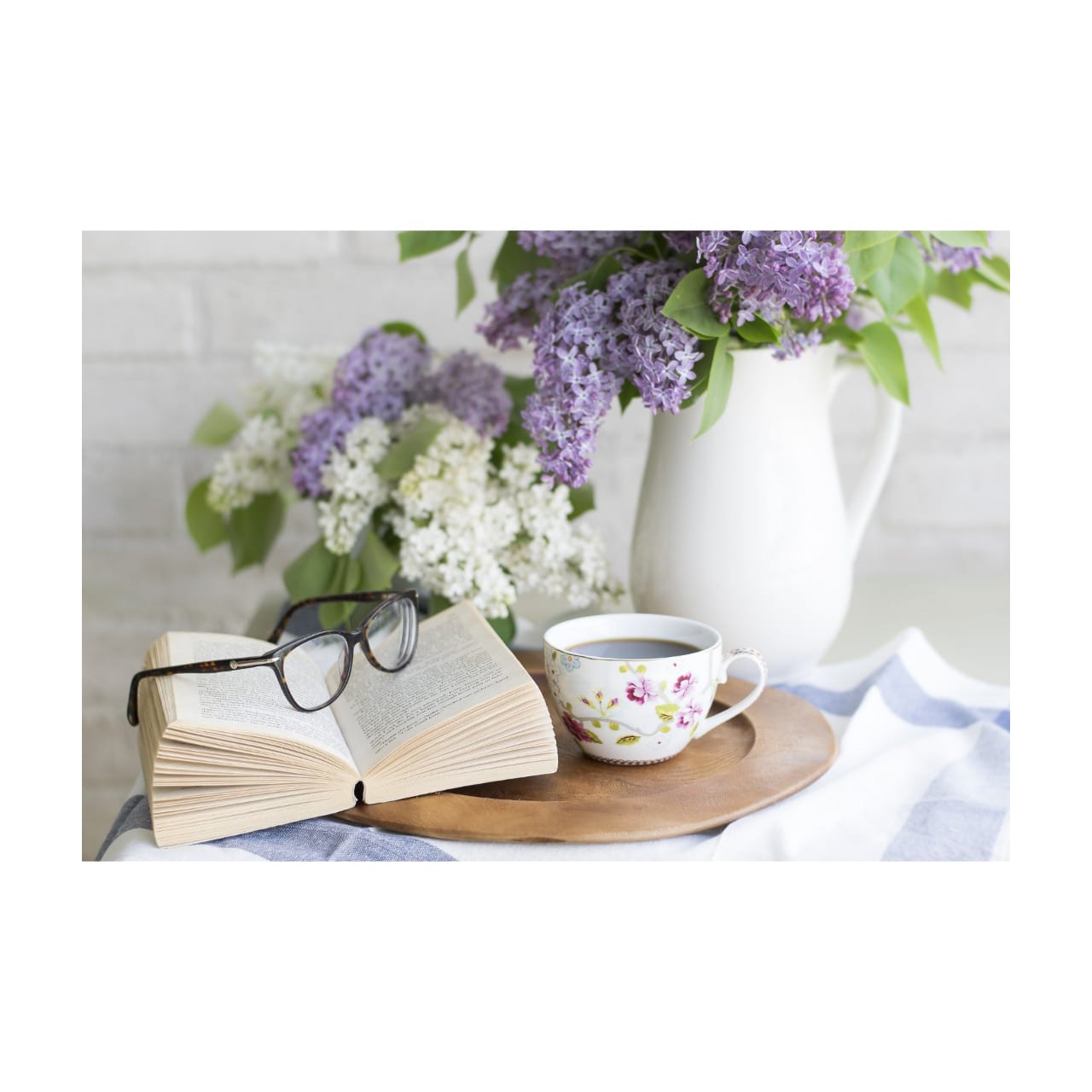Rakshika Aphale
I was 11 when I first read Jane Eyre (which also admittedly happened to be my first piece of feminist literature) and 14 when I first discovered feminism. Like most of my female counterparts, I derive a large portion of my personhood and identity as a woman from all that this movement has offered me over the years. There is no ‘perfect’ feminism and as Jamila Jameel famously quotes: we are all feminists-in-progress.
In my attempt to continue to have an open and intersectional view to how I approach feminism and equality, I read (or at least try to) books on or related to feminism. Today, I share with you six of my favourite books on feminism – both as a movement as well as a concept.
- Dear Ijeawele or A Feminist Manifesto in Fifteen Suggestions by Chimamanda Ngozi Adichie [Non-fiction]
Upon receiving a letter from a dear friend on how to raise a feminist child, Adichie decides to curate a manifesto comprising suggestions on feminist upbringing. A compelling take on parenting and the role of words in doing so, Adichie uses crisp and simple words that are especially attractive and understandable to a first-time reader.
In one of her suggestions, she deems fit to clarify what feminism truly stands for. She states: “Don’t think that raising her [Adichie’s friend’s child] feminist means forcing her to reject femininity. Feminism and femininity are not mutually exclusive. It is misogynistic to suggest that they are.”
An incredible read for someone who is only beginning to wrap their heads around feminist literature, Dear Ijeawele sparks conversations we’ve all been waiting for.
- A Room of One’s Own by Virginia Woolf [Non-fiction]
If I had to describe Woolf’s writing in one word, it had to be seminal. Her wit, glory and oomph are almost palpable in her collection of essays titled A Room of One’s Own.
“Lock up your libraries if you like; but there is no gate, no lock, no bolt you that you can set upon the freedom of my mind.”
In an era where women weren’t permitted to as much as even think about having a career outside of domestic chores, Woolf contests the need to have access to solitude and a room for women writers to excel hence, a room of one’s own. Challenging and life-enhancing, this book is a must-read for all non-fiction lovers.
- The Handmaid’s Tale by Margaret Atwood [Fiction]
Based in a post-war dystopian world, where the only way for fertile women to survive is by being pregnable vessels, the book is eery, difficult and stifling. The plot is simple but the twists keep you hooked.
All emotions – positive or negative, especially negative, duly mark their presence on each page, leaving the reader intrigued, unsettled and longing for more.
Fun fact: According to this The Washington Post article, this book has been banned for profanity and use of overtly sexual descriptions as one of ‘100 Banned Books of the Decade’ in America.
- Seeing Like A Feminist by Nivedita Menon [Non-fiction]
Menon is an inspiration for many young feminist-writers like me. Apart from teaching Political Thought in JNU, New Delhi, she writes books centering or revolving around feminism. A collection of short essays, Seeing Like A Feminist explores feminism through the domestic as well as glamorous concepts of family, body and sexuality, desire, respectively.
Time and again, she quotes some of the landmark judgments of the Supreme Court and cases that send chills down our spines. Her writing is challenging; her arguments indisputably rational. It is a personal favourite that I recommend to as many people as I possibly can.
- As If Women Matter by Gloria Steinem [Non-fiction]
One of the only few feminist icons to have survived (and thrived) all through the four waves of feminism, Gloria Steinem has made insurmountable contributions to making feminism an accessible space in the West.
In her book, she writes about her experiences and learnings she received during her trip in India, and the ramifications thereafter upon returning to the US. I love Steinem for her stupendously personal writing; she writes – “I still mourn my mother’s broken spirit and still see many women who are living out the unlived loves of their mothers.”
A particularly touching, and thought-provoking writing, As If Women Matter possesses the ability to challenge your inherent biases and forces you to ponder upon what more could you possibly do to galvanize the feminist movement.
